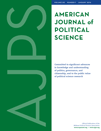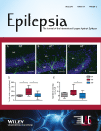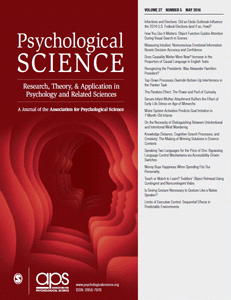A prominent pancreatic cancer researcher has lost a meeting abstract and corrected a Nature paper following an institutional investigation.
Queen Mary University of London determined that, in an abstract by Thorsten Hagemann, “elements of the study summarised by this abstract are not reliable.” Hagemann has recently issued a correction to a 2014 Nature paper he co-authored, which also cited the Queen Mary University of London (QMUL) investigation, noting there was “reason to question the provenance of the data.”
Hagemann is currently the medical director of Immodulon Therapeutics, and has long been recognized for his work in the field, including a three-year grant of £180,000 from the Pancreatic Cancer Research Fund in 2013.
Here’s the retraction notice from the The Journal of Pathology, regarding an abstract from the 7th Joint Meeting of the British Division of the International Academy of Pathology and the Pathological Society of Great Britain & Ireland: Continue reading Investigation raises questions about top cancer researcher’s work



 PLOS ONE has republished data that were
PLOS ONE has republished data that were 




